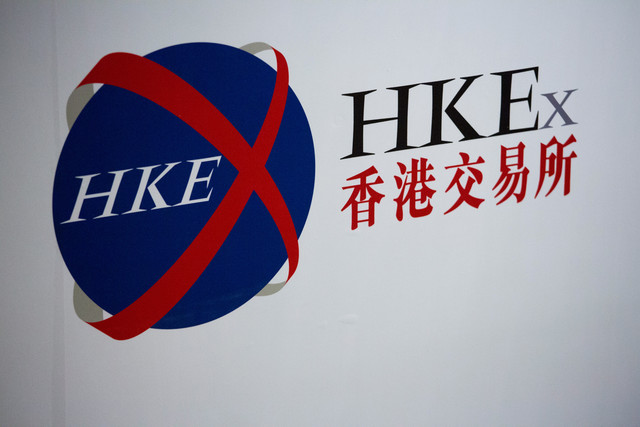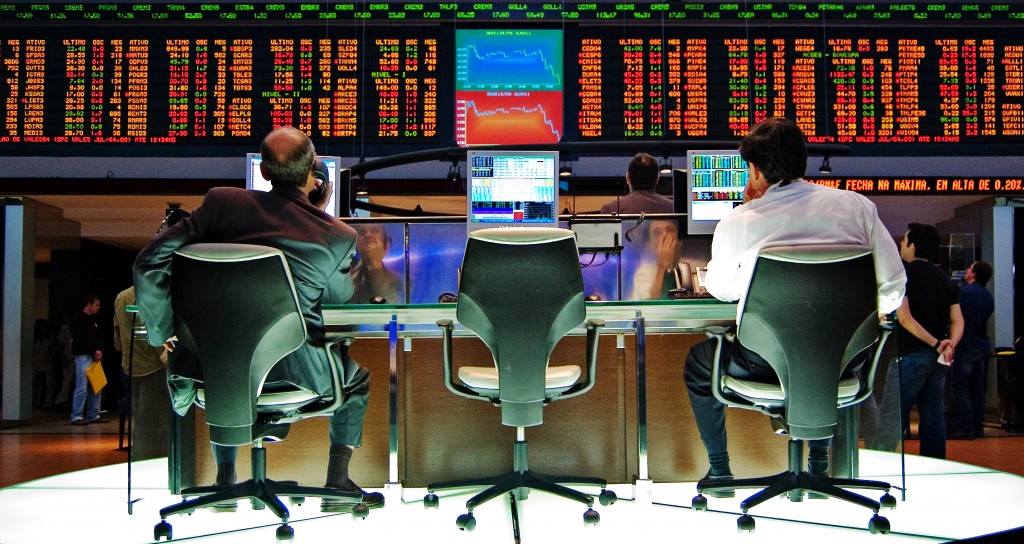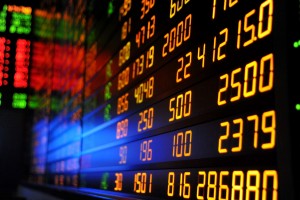Singapore Exchange (SGX) has suspended trading for almost a day on Thursday following a technical breakdown, had normally reopened today.
According to SGX, there was a cut over on their primary to secondary trade confirmation systems which was initiated at 10:12am and resumed at 10:14am which resulted in the halting of the system before noon.
At 11:38am, duplicate and missing trade confirmation messages were discovered, forcing SGX to suspend the trading to make a way adjustments in the market.
The process in the “adjust phase” enables investors to review and take full control on their orders.
SGX decided to shut down for the rest of the day as per members’ feedback.
SGX CEO Loh Boon Chye apologized for a technical malfunction that angered traders saying, “I wish to sincerely apologize on behalf of all at SGX for the many inconveniences I’m aware that we’ve caused,” Loh said on the call.
He added that, “We’re not pleased with our own recovery time and it needs to be better. We’ll do better.”
“I wish to sincerely apologize on behalf of all at SGX for the many inconveniences I’m aware that we’ve caused,” Loh said on the call. “We’re not pleased with our own recovery time and it needs to be better. We’ll do better.”
However, the Thursday events made some of the participants angry and confused as one trader said that they have had issues since 10am.
Singapore Exchange reopened early today at 9 am regular working hours.
Southeast Asia’s biggest bourse (SGX) has a total capitalization of $494 Billion, which maintains a monopoly on the stock trading.
———————
Berkeley Capital is an independent Corporate Advisory Business focused on delivering quality solutions for our clients.






